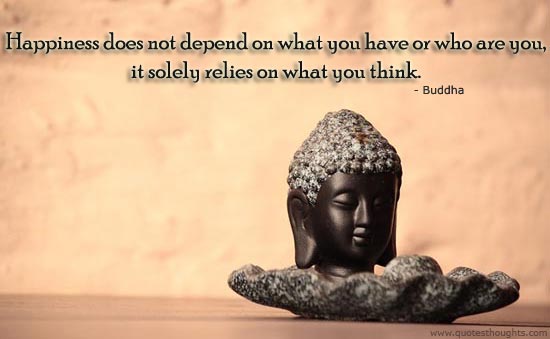“Don’t blindly believe what I say. Don’t believe me because others convince you of my words. Don’t believe anything you see, read, or hear from others, whether of authority, religious teachers or texts. Don’t rely on logic alone, nor speculation. Don’t infer or be deceived by appearances.” – Buddha
The other day, my sister and I decided to have a break from sunbathing and goat-watching in the countryside to embark on a journey through a nearby field to visit a ‘Kadampa‘ Buddhist temple, which is advertised as being open to the public. What we expected was to visit a room and a garden in which buddhists meditated and formed their own little community. What we encountered was an insight into the most welcoming, accommodating religion there is.
We strolled in on a Sunday evening to find the few staff and volunteers who run the temple preparing for their dinner. To our surprise, a middle aged German lady who spoke perfect Spanish and English gave us a long tour of the beautiful grounds and an introduction to Buddhism, inviting us to visit one of their two meditation rooms (one silent, one not) overlooking the mountainous Spanish landscape anytime. Although she assumed we were of Hindu faith being Indian, she explained that it did not matter what faith anyone is – anyone was welcome to join the Buddhist way of life. Upon leaving we were even invited to join the staff for dinner!
Since this visit I decided to learn more about Buddhism. Despite having grown up as a Hindu, I began calling myself an atheist from a young age. Only recently have I began to realise that I shouldn’t overestimate the intellect of the human race when the universe is so large and powerful compared to mankind, and have since preferred the term ‘agnostic.’ The principles of buddhism have always interested me – meditation and yoga are wonderful ways to remain peaceful and grounded in the midst of the bustling London lifestyle! But the fact that I do not have faith in a particular higher being, nor believe in reincarnation has always put me off slightly…
The name of the religion comes from the word ‘budhi‘ which means ‘to awaken’ in reference to the enlightenment of Buddha, or Siddhartha Gotama after many years of studying different religions and philosophies to find the key to human happiness. Buddha taught these principles (the Dhamma) until his death at age 80 and never claimed to be ‘God’ or a higher power – simply a teacher who passed on his path of enlightenment to later generations. The Buddist path in summary helps one find ways to live a moral life which is mindful and aware of our thoughts and doings as well as developing a deeper understanding of our own lives and happiness.
Whilst these teachings can be explained in more detail online, the question remains whether Buddism must be practiced as a religion. The quote above shows that Siddhartha Gotama did not present himself as a higher being and saw Buddism as a personal, subjective way of life. The Dalai Lama himself has said that if science and Buddism disagree, go with science. The tolerant and peaceful nature of Buddism to me suggests that it can be chosen to be practiced philosophically by any religious group, or non-religious group for that matter… and why would I not want to follow a path to happiness?
